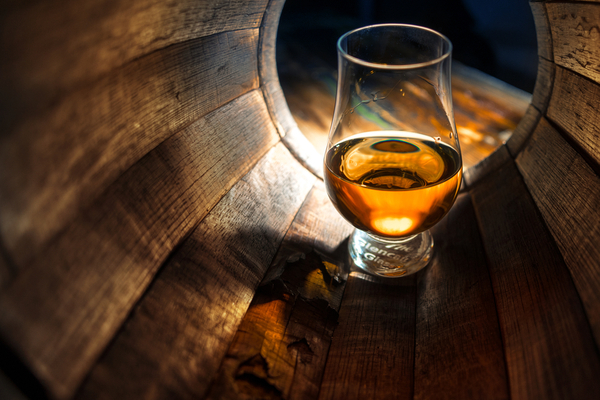Cheers! Or should we say, Slàinte Mhath (Pronounced Slanj-a-va, is actually both Irish and Scots Gaelic for “cheers”)! It’s National Scotch Day! Every year on July 27th, we celebrate the iconic whisky (Yes, whisky with a “y” and not an “ey” because that’s the Scottish/Scotch way.)
Even though the origin of whisky is shrouded in mystery—best guesses place its birth around 1,000 AD—one thing is for certain: We are living in the golden age of whisky. Across the globe, distillers are turning out amazing bottles that continue to redefine a spirit that only seems to be getting more popular.
But this abundance of riches leads to a problem for drinkers. Where do you turn if you are looking for the pinnacle of whisky? While many point towards the booming American bourbon scene or the thriving Japanese whisky market as the apex of whisky distilling, nowhere does a better job than Scotland.
As one of the birthplaces of whisky, Ireland is the other; its distillers draw on centuries of experience to produce excellent scotches that continue to turn heads. Nowhere is that mastery more evident than in a well-crafted single malt scotch. Hailing from Scotland’s rugged Highland region, usually, these scotches are often produced by small family-owned distilleries, and each one is a work of art.
But in order to be considered “scotch,” this classy and distinctive spirit must be made on Scottish soil. It must be fermented from malted barley, aged in oak barrels for at least three years and have an ABV or alcohol content of less than 94.8%. While most scotch is made with barley, water and yeast; other grains can be included. All fermentation additives are excluded, per law.
There are five distinct classifications of Scotch whisky including single malt scotch, single grain scotch, blended malt scotch, blended grain scotch and blended scotch. Scotch is often identified by the region where it was produced and each region has its own characteristics that influence taste. Despite scotch being made in Scotland, you can enjoy the spirit anywhere. Kilt not required. Today there are more than 350 distilleries barrel aging and bottling what has become one of the most drinkable and collectable of all distilled spirits.
Slàinte Mhath!
–
Photo Credit: Razoomanet / Shutterstock.com
